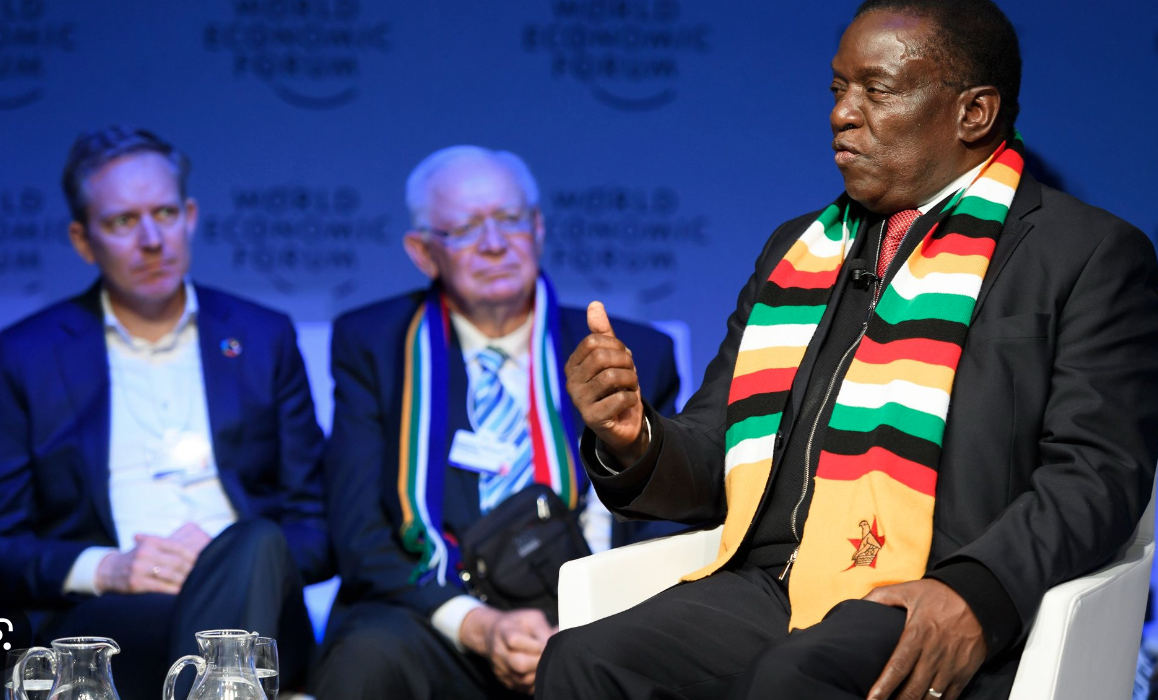‘Electoral authoritarian regimes are the order of the day in some Sub-Saharan African states and Zimbabwe is no exception.
In 2017, the country’s long-standing ruler, Robert Mugabe, was disposed of through a military coup which saw his former vice and second in command, Emmerson Mnangagwa, take over. The new administration ignited hopes for change and democratisation by upholding the mantra that ‘Zimbabwe was open for business’, signalling a new era in Zimbabwean politics from isolationist policies to re-engagement with the international community. This secured the new administration a landslide victory in the 2018 elections.
This year, Zimbabwe has taken significant strides to gain re-admission back into the Commonwealth which marks yet another significant milestone in the country’s efforts towards re-engagement with the international community. Despite these gains, however, persistent power cuts, hyperinflation, and human rights abuses by the new administration are a glaring reminder that the administration has failed to deliver on its promises.
Further to this, a rising opposition poses a significant challenge to the ruling party particularly ahead of next year’s polls. Can the Mnangagwa regime secure yet another electoral victory in 2023? And further to this, can it gain re-admission back into the Commonwealth? Without electoral reforms, particularly security sector reform, it is likely that the regime will win yet another landslide victory in next year’s election as reforms are necessary for a free and fair election. Ultimately, only time will tell, but it is pertinent to mention that if the administration continues in the same vein without implementing electoral reforms, admission into the Commonwealth may prove challenging, and the country may well find itself in yet another era of isolationist policies.’
Dr Kuziwakwashe Zigomo is a Lecturer in International Relations of the Global South. Her research interests are in southern African politics (particularly Zimbabwe, South Africa and the overarching SADC region); peace-building and security; religion; migration, citizenship and belonging; gender; and development.

